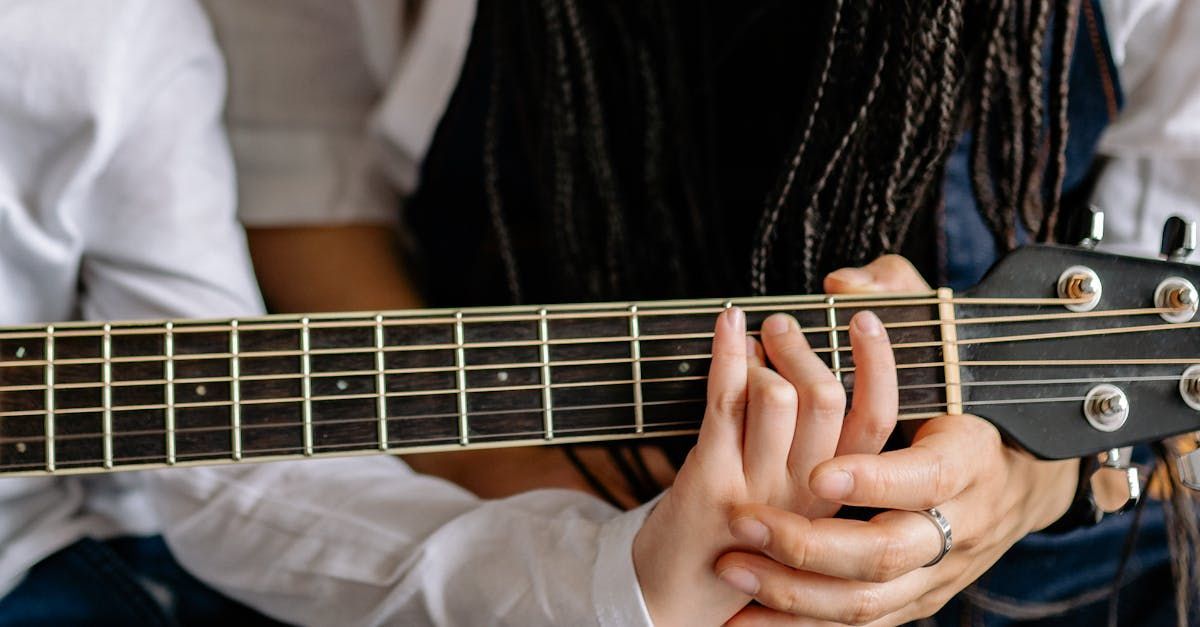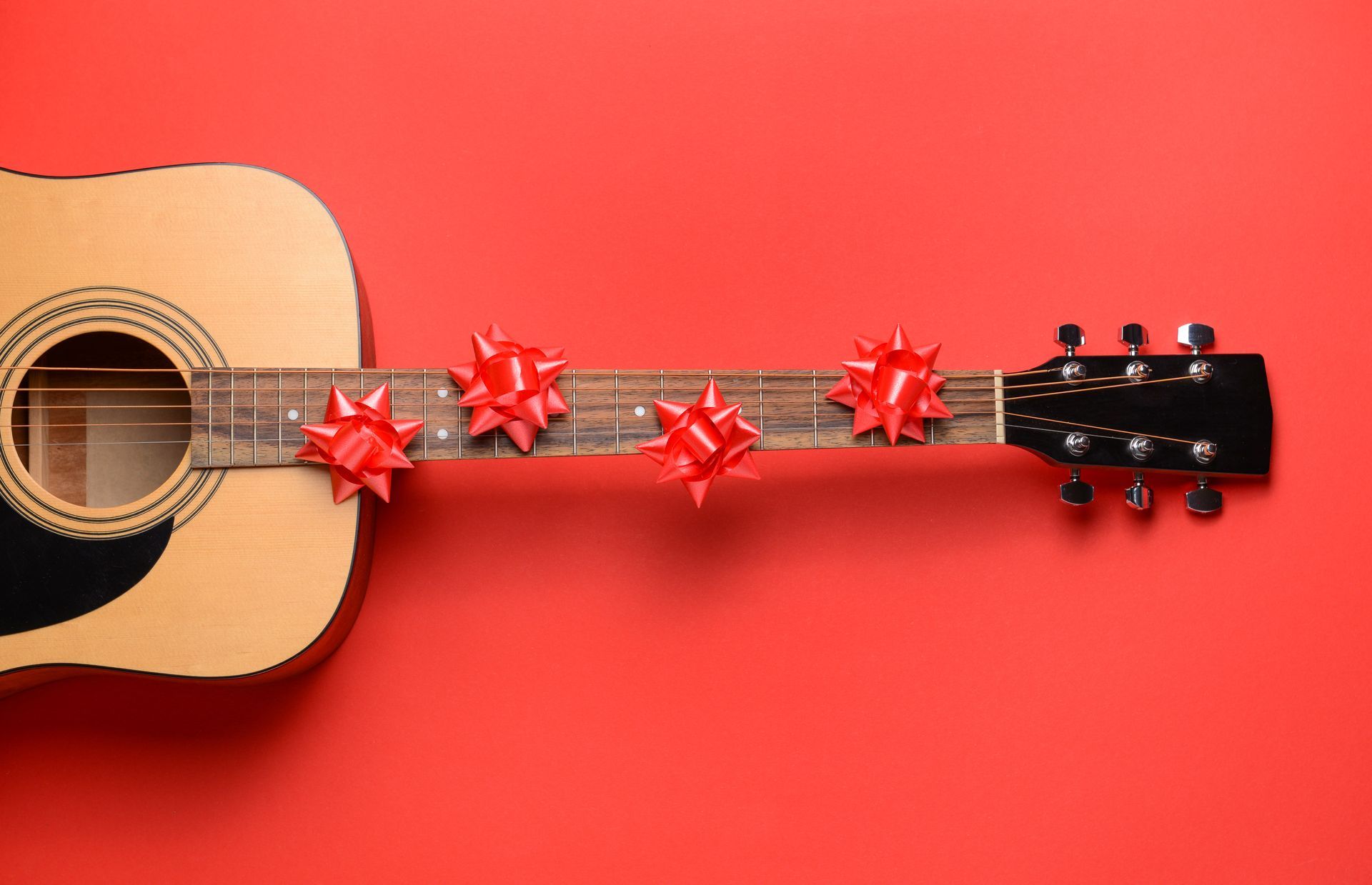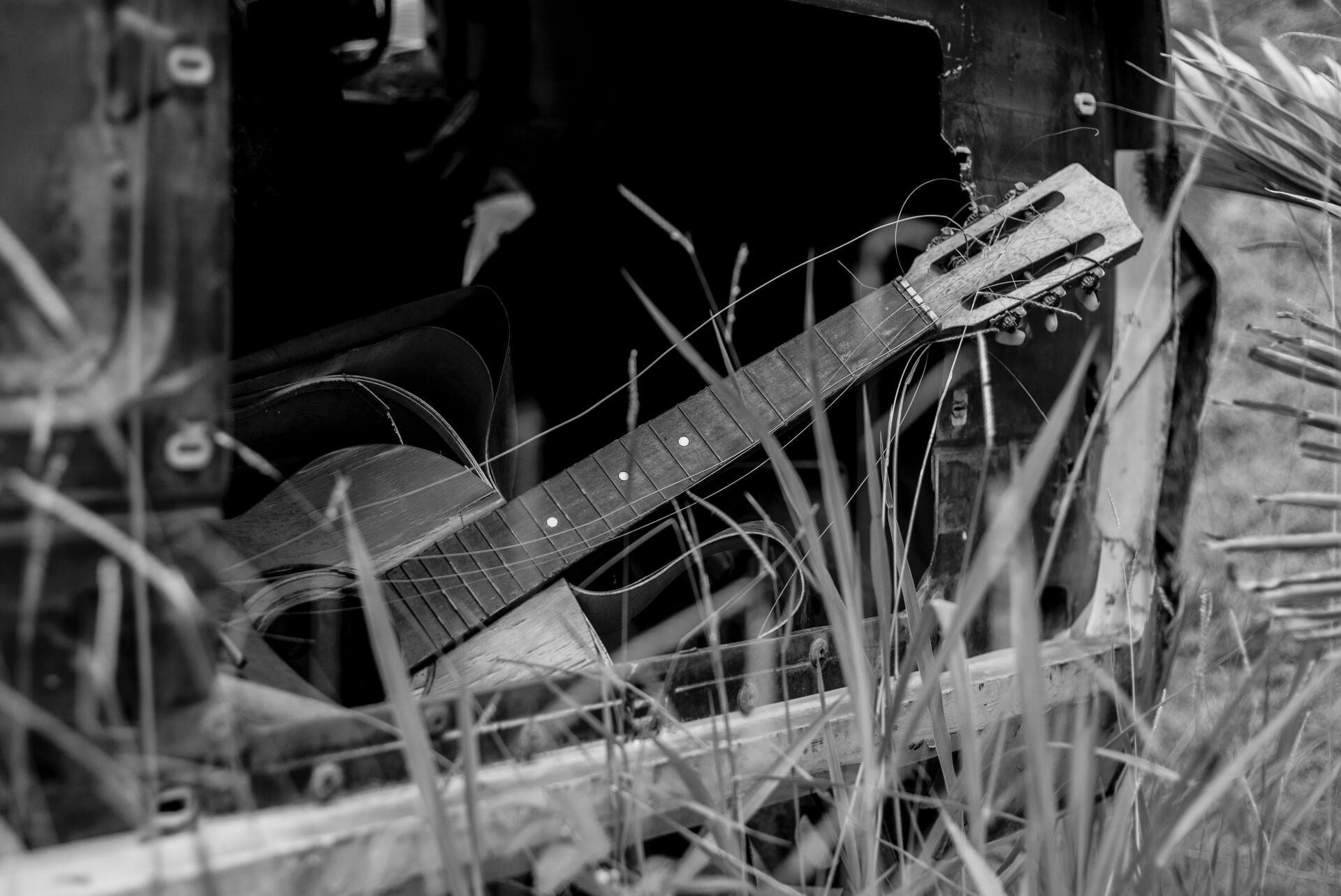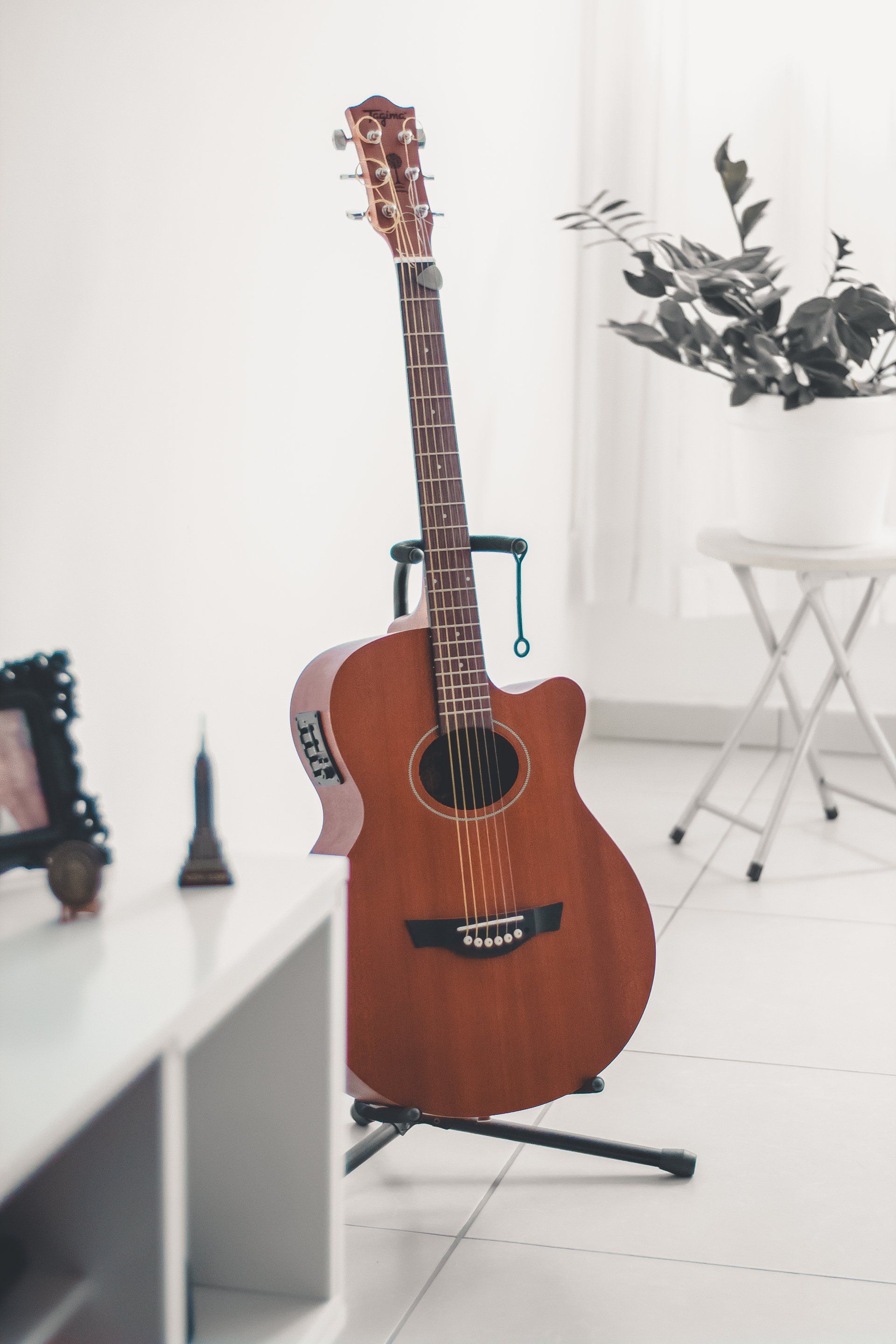Many people assume that talent is something you're born with and therefore, some musicians have an advantage over others because of this gift from God, or good genetics. This is one of the most damaging and misleading beliefs you can have. In actuality, talent doesn't exist until someone practices their instrument or art form to the point where their mind can memorize how to play and communicate musically with fluidity and ease. The process it takes to get there can take hours, days, weeks, months or even years depending on your goals and how much time and energy you put into your instrument or art form.

What is Talent?
This is so simple. Talent is quality. Talent is your ability to present information in a masterful, effortless, artistic way. We often see people as "talented" when they make what they're doing look easy. That's just it - they put hundreds or thousands of hours into honing their craft for the few moments you observed.
Talent Requires Knowledge
According to the late Patrick Winston, Faculty and Director of M.I.T's Artificial Intelligence Lab, Knowledge is the number one ingredient for what people perceive as talent - for both feeling talented and seeing others as talented. Here is an excellent video of Dr. Winston explaining this theory: https://youtu.be/Unzc731iCUY?t=60 The first three minutes of this video is the best explanation of "talent" I've ever heard. Knowledge comes first. How can you expect to use your guitar in a talented way if you don't have a simple knowledge of how it works and how to hold it? How can you learn to play well without the knowledge of chords, the basic elements of music, and how to practice?
Talent Requires Practice
"If I miss one day of practice, I notice it. If I miss two days, the critics notice it. If I miss three days, the audience notices it." - Ignacy Jan Paderewski.
Yes, focused and informed practice will lead to quality. Even students who have zero prior musical experience can learn how to play guitar quite fluently if they simply practice the core skills and knowledge. They may have to work at it doggedly at first, but it still works.
Want to see more about talent? Watch this video featuring world-famous violinist and teacher Itzhak Perlman: https://www.youtube.com/watch?v=FA0_Jlof6FU
Talent Requires Time
Perseverance. Grit. "Sticktoitiveness", you might say. Are you going to sink time into something purposeless? No, and you probably haven't read this far if you don't have purpose behind your desire. As author, lecturer and psychology professor Angela Duckworth writes in her book, Grit: "..for most people, purpose is a tremendously powerful source of motivation...what they're pursuing has purpose...something much deeper than mere intention." This is right. Every first guitar lesson has a strong desire behind it much deeper than playing your first guitar chord. My guitar students who don't have any special meaning attached to the instrument often don't succeed in learning beyond the basics. Those guitar students who DO have a clear "WHY" they want to learn guitar end up staying in lessons for years and achieving their goals. This all relates to time invested in the instrument - talking about it, taking lessons, enjoying it, playing it, researching it, reading about it as well as their favorite performers.
Quality/Talent = (Knowledge + Practice + Time)
Expecting a level of mastery without the proper knowledge, practice and time is very much like buying a plant, never watering it or caring for it, and expecting it to grow. Poor Taylor! He bought a plant, knew nothing about it, didn't devote time to water it or check on it, and when it died - said he just "doesn't have a green thumb, every plant he touches (1 in the history of Taylor) dies!"
You must water your skills to turn from potential to talent. Talent (quality / effortlessness) comes from this unique blend of knowledge, practice and time invested. No, talent is not born. That idea is untrue and damaging. Can talent be nurtured by teachers and/or family members? Yes! Most positively yes! Then, once you have attained a basic level of talent, you begin truly enjoying your time on the instrument more. You start to create more meaningful and fun goals, thus feeding into the loop of positivity you associate with your guitar. You start living in the flow. Create goals that motivate you.
Become a Student of Your Craft
This is the only way to truly turn your potential into talent. You have to become a lifelong learner and always be open to new ways of doing things to experience the growth you seek. Maybe tensing your thumb behind the neck of the guitar has prevented you from switching chords fluidly. Maybe you learned to play chords in an awkward way, or maybe taught yourself. So you really don't know how to use your ability to blast through the ceiling you've constructed in your playing. Stay open to methods and keep your practice structured and fun.







Quicklinks
Teaching Hours
- Mon - Thu
- -
- Friday
- -
- Sat - Sun
- -



